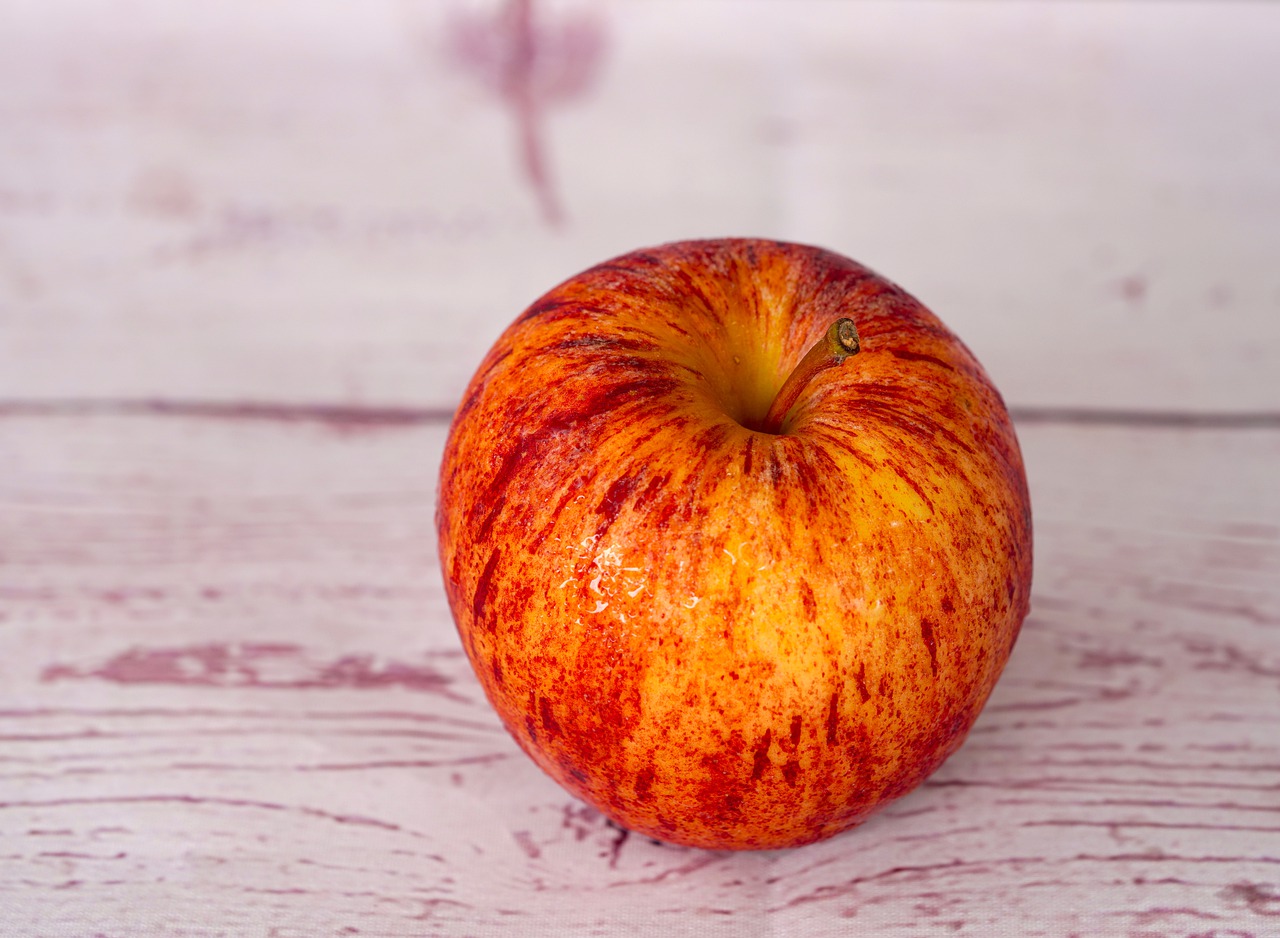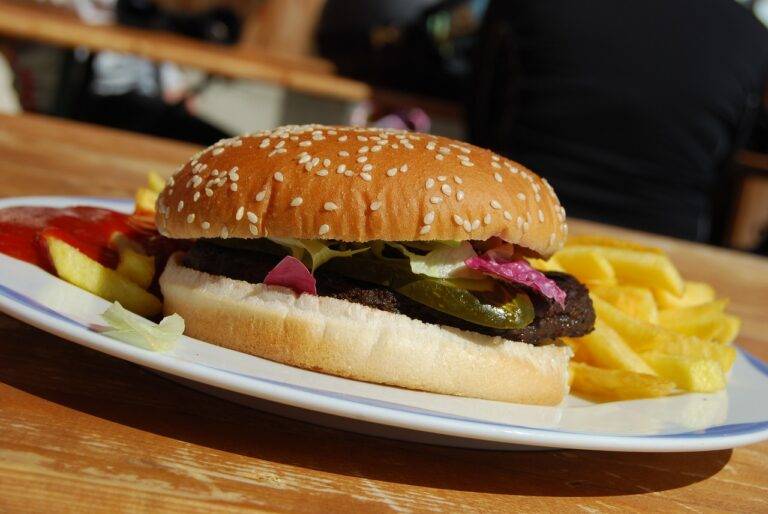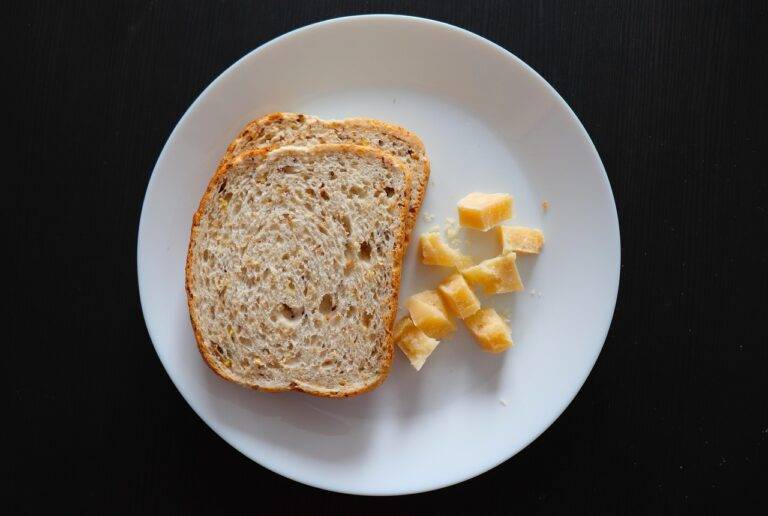The Role of Food in Cultural Identity and Heritage
Traditional dishes hold a special place in the hearts of people around the world. They serve as a gateway to the past, connecting individuals to their heritage and roots. Through the flavors and ingredients of these dishes, generations can feel a strong sense of cultural identity and belonging. The preparation and consumption of traditional meals often involve rituals, stories, and shared memories that further reinforce their significance within a community.
In addition to being a source of cultural pride, traditional dishes also play a crucial role in preserving and passing down cultural memory and traditions. By continuing to cook and serve these time-honored recipes, communities ensure that their history and customs are kept alive and celebrated. Through the act of sharing these dishes with younger generations, knowledge and values are transmitted, strengthening familial and societal bonds.
Impact of food on cultural memory and traditions
Traditional dishes play a pivotal role in preserving cultural memory and upholding centuries-old traditions. Through the preparation and consumption of these dishes, communities pass down ancestral knowledge and customs to future generations. The flavors, ingredients, and cooking techniques used in traditional recipes serve as a reminder of the cultural heritage and history that has shaped a particular society.
Food acts as a powerful connector between generations, fostering a sense of unity, belonging, and continuity within a community. Shared meals create opportunities for storytelling, bonding, and the transmission of cultural values and beliefs. When individuals partake in traditional dishes, they not only savor the taste but also immerse themselves in the collective memories and experiences that have been passed down through the generations.
How does food contribute to cultural memory and traditions?
Food plays a significant role in preserving cultural memory and traditions by serving as a link to the past through recipes, cooking techniques, and flavors that have been passed down through generations.
Why are traditional dishes important to a culture?
Traditional dishes are important to a culture as they reflect the history, values, and identity of a community. They provide a connection to the past and help to maintain cultural heritage.
How can food impact cultural identity?
Food can impact cultural identity by serving as a marker of belonging and a way to express cultural pride. Traditional dishes often hold symbolic significance and can create a sense of community among people who share the same culinary traditions.
What role does food play in preserving cultural traditions?
Food plays a crucial role in preserving cultural traditions by acting as a tangible representation of a culture’s history and heritage. Through the preparation and consumption of traditional dishes, cultural practices and values are passed down from one generation to the next.





